Parry Kietzman
Scan contact card
Greater than the sum of its parts: pollinator conservation for sustainable ecosystems
News! I am currently guest editing a special issue of Insectes Sociaux called "Successes and Challenges in Social Insect Conservation." More information and submission instructions here: https://www.springer.com/journal/40/updates/24620816
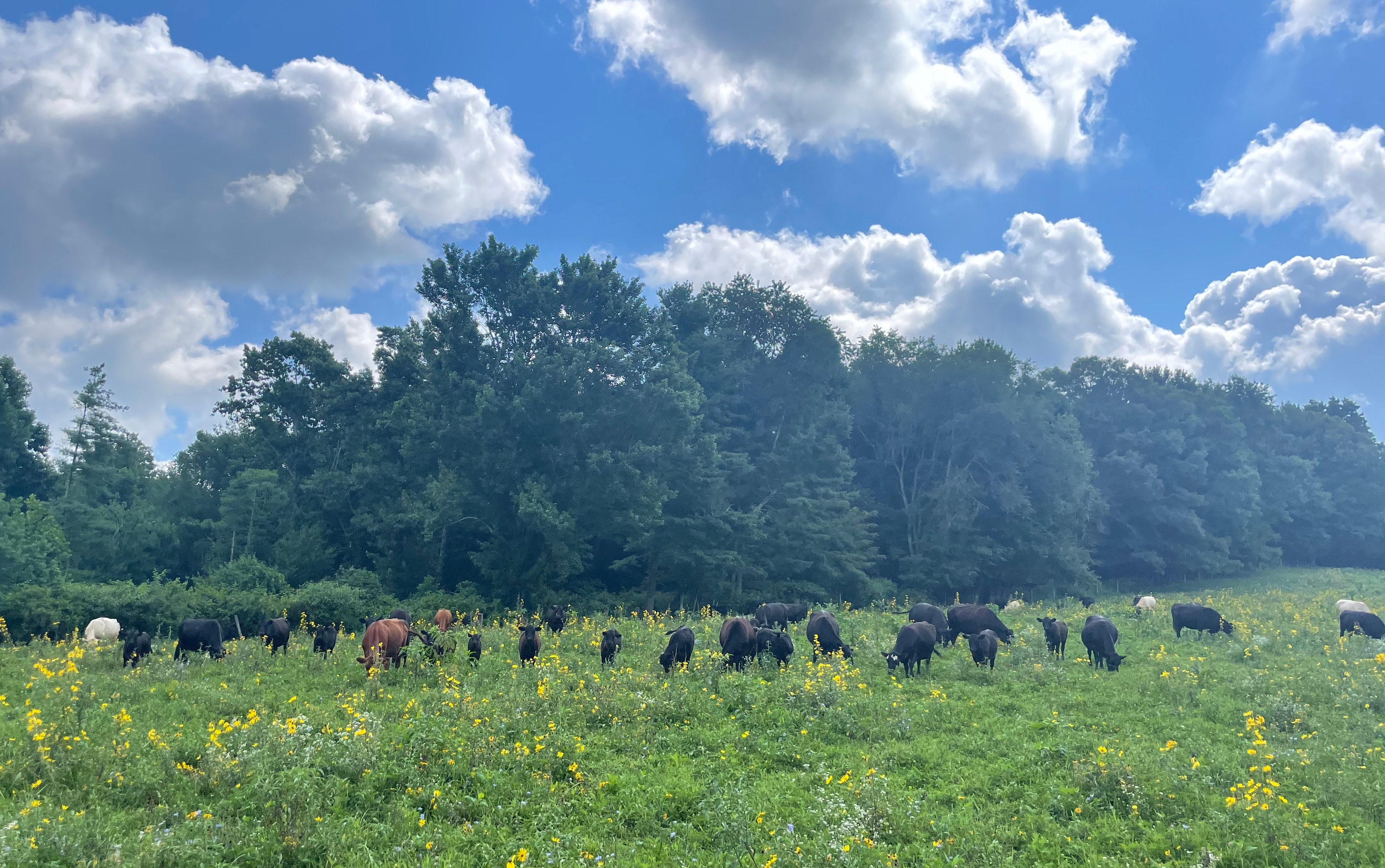
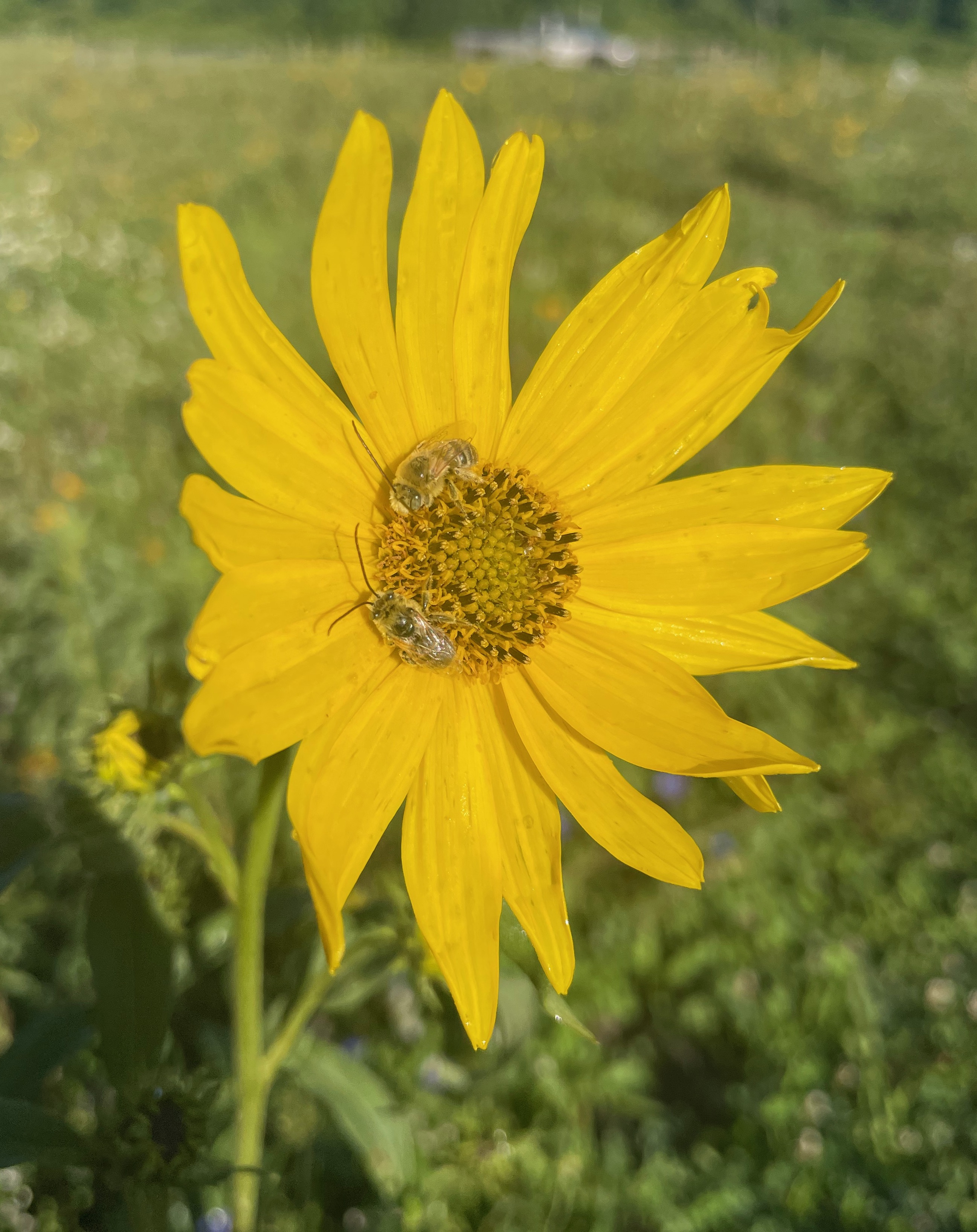
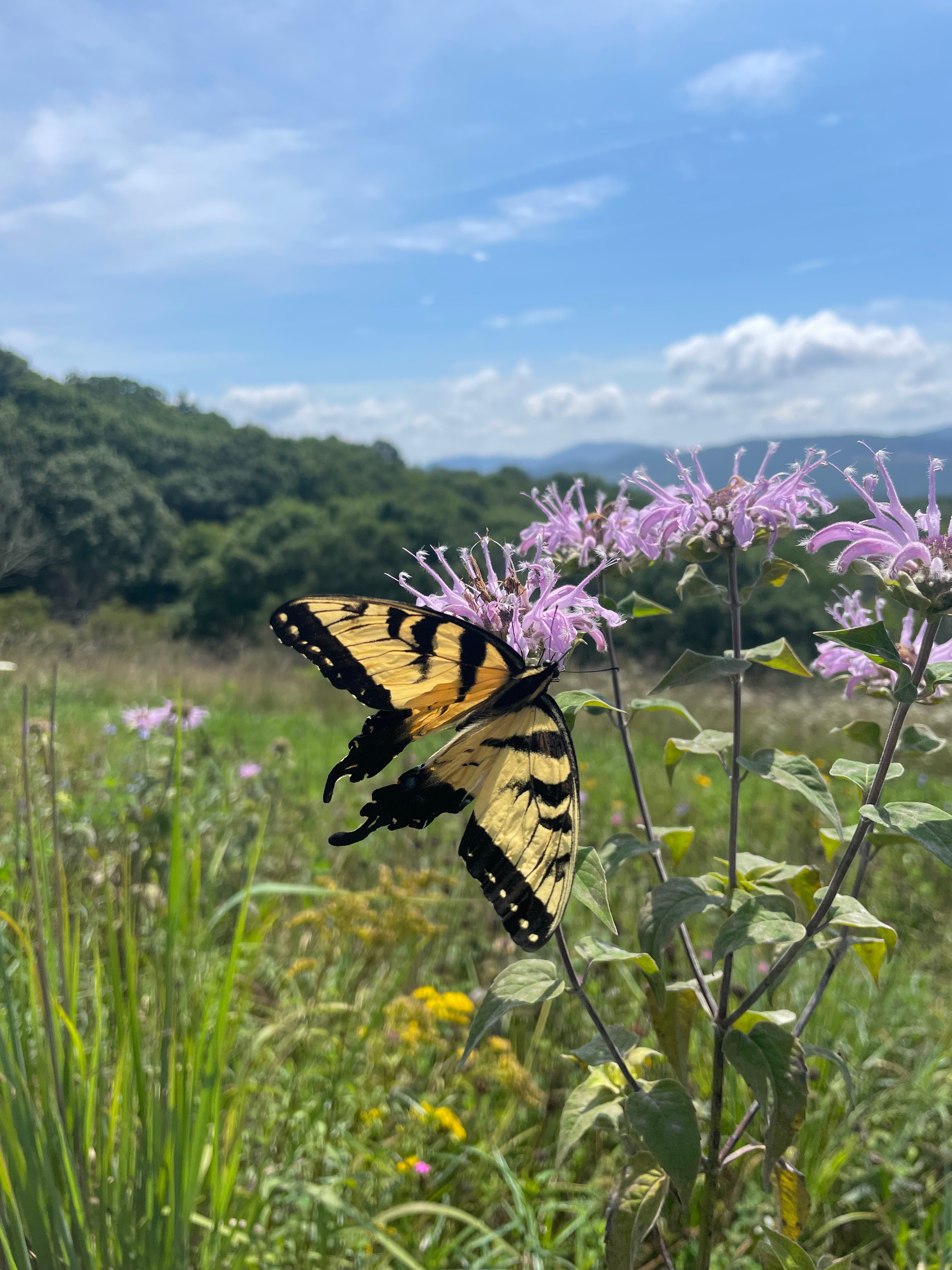
Research
I am a broadly-trained insect ecologist with interests in sustainable agroecosystems, landscape rehabilitation, and pollinator conservation. My current research focus is on pollinator habitat restoration in cattle pastures. I am part of an interdisciplinary team conducting a multi-year project on integrating native wildflowers to pastureland and measuring the pollinator communities in these rehabilitated areas.
Previously, I have been a collaborator on a large-scale, longitudinal study of conventional, organic, and natural beekeeping practices, which was conducted to help inform beekeepers on effective colony management choices. I have also conducted research on honey bee communication signals, particularly the waggle dance and stop signal, and their effect on a colony’s group decision-making processes such as foraging regulation and the swarm nest site selection process.
I routinely involve undergraduate students in my research, and have enjoyed mentoring them through the processes of experimental design, data collection in the field or lab, statistical analysis, and preparing the results for presentation. I have co-authored peer-reviewed and popular press articles with some of my undergraduate students and have taken others to present their work at conferences.
I enjoy interdisciplinary collaborations, particularly those that involve integrating technology with insect ecology, and hope to continue finding opportunities for such partnerships.
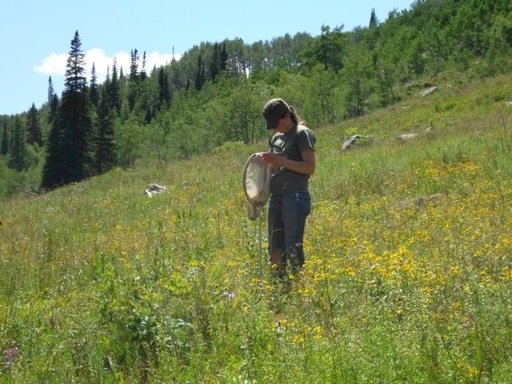
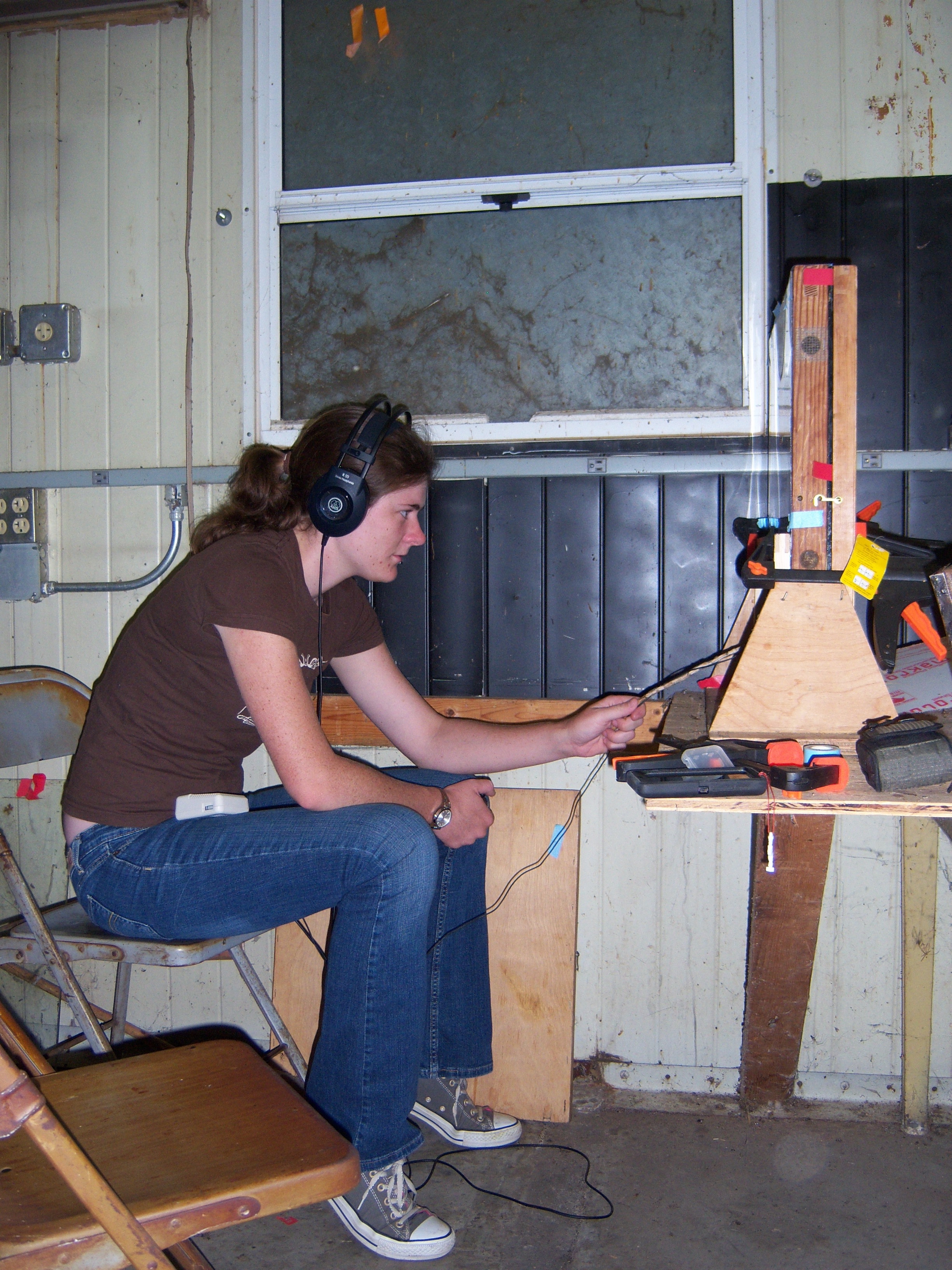

Publications
Peer-Reviewed Articles
Kietzman, P.M, O’Rourke, M., and Tracy, B.F. Bee-friendly beef: Diversified pastures offer restored habitat to native pollinators. IN REVIEW: Agriculture, Ecosystems, and Environment.
Larcom, R., Kietzman, P.M., O’Rourke, M., and Tracy, B.F. Do pastures diversified with native wildflowers benefit honey bees (Apis mellifera)? Hive attributes and pollen analysis. IN REVIEW: Agriculture, Ecosystems, and Environment.
Underwood, R.M., Lawrence, B., Turley, N.E., Cambron-Kopco, L.D., Kietzman, P., Traver, B.E., and López-Uribe, M.M. 2023. A longitudinal experiment demonstrates that honey bee colonies managed organically are as healthy and productive as those managed conventionally. Scientific Reports 13, 6072. doi:10.1038/s41598-023-32824-w.
Underwood, R.M., Lawrence, B., Turley, N.E., Cambron-Kopco, L.D., Kietzman, P., Traver, B.E., and López-Uribe, M.M. 2023. A longitudinal experiment demonstrates that honey bee colonies managed organically e as healthy and productive as those managed conventionally. Scientific Reports 13, 6072.
Ohlinger, B.D., Schürch, R., Durzi, S., Kietzman, P.M., Silliman, M.R., and Couvillon, M.J. 2022. Honey bees (Hymenoptera: Apidae) decrease foraging but not recruitment after neonicotinoid exposure. Journal of Insect Science 22.
Kietzman, P.M., and Visscher, P.K. 2020. The influence of available comb storage space on the performance of honey bee communication signals that regulate foraging. Apidologie. doi:10.1007/s13592-020-00803-z.
Kietzman, P.M. and Visscher, P.K. 2019. Follower position does not affect waggle dance information transfer. Psyche. doi:10.1155/2019/4939120.
Bell, H.C., Kietzman, P.M., and Nieh, J.C. 2019. The complex world of honey bee vibrational signaling: A response to Ramsey et al. doi:10.13140/RG.2.2.28012.82562.
Kietzman, P.M., Lalor, J.K, and Visscher, P.K. 2017. Stop signaling by foragers not encountering danger at a food source. Insectes Sociaux 64: 307.
Kietzman, P.M., and Visscher, P.K. 2015. The anti-waggle dance: use of the stop signal as negative feedback. Frontiers in Ecology and Evolution 3:14. doi:10.3389/fevo.2015.00014.
Articles for the Popular Press
Kietzman, P.M.. 2022. Bee-friendly beef: bringing back pollinator habitat through landscape rehabilitation. The Beekeep- ers Quarterly 149: 16-18.
Kietzman, P.M. 2021. Bee-friendly beef: rehabilitating cattle pastures to increase pollinator habitat. Natural History of Eco- logical Restoration. https://mbgecologicalrestoration.wordpress.com/category/restoring-natural-capital/
Kietzman, P.M, O’Rourke, M., and Tracy, B.F. 2020. Establishing Pollinator Refuges in Pastureland. Agrilinks. https://www.agrilinks.org/post/establishing-pollinator-refuges-pastureland/
Stupiski, D. S., Heywood, K., Kietzman, P.M., and Underwood, R. 2020. Thermography and Beekeeping. American Bee Journal 160: 319.
Macdonald, A.P. 2005. So...how do you do this? Bee Culture. October: 35-6.
In the Pipeline
Pollinator prevalence in wildflower-enhanced versus tall fescue pastures.
Education
University of California at Riverside
Wheaton College (IL)